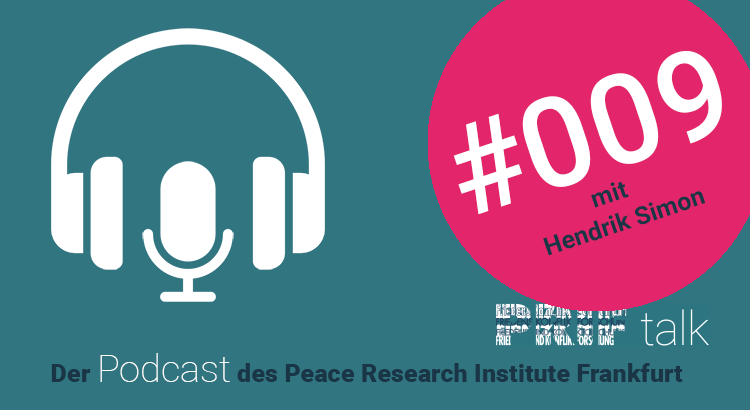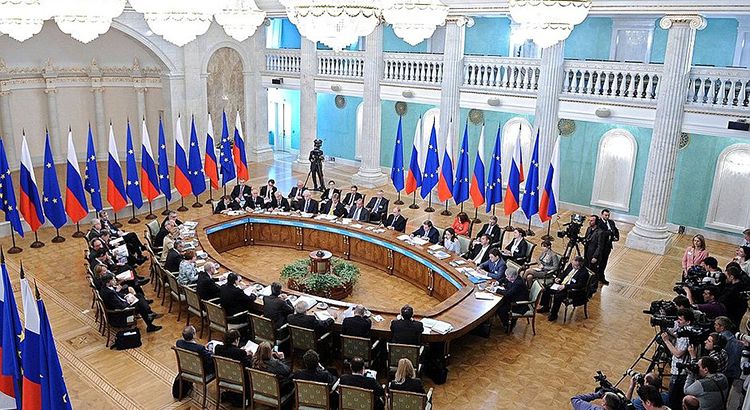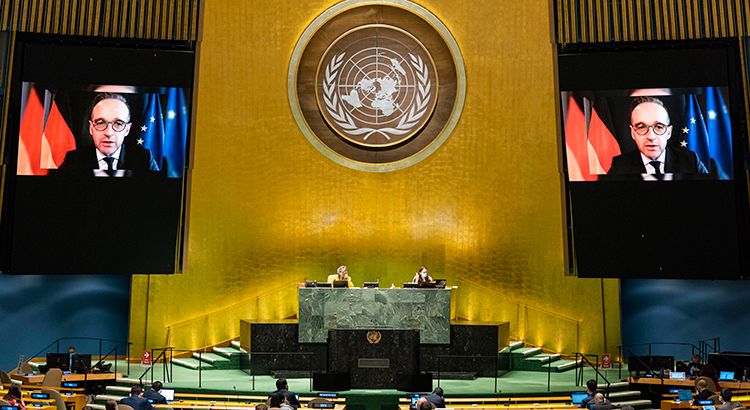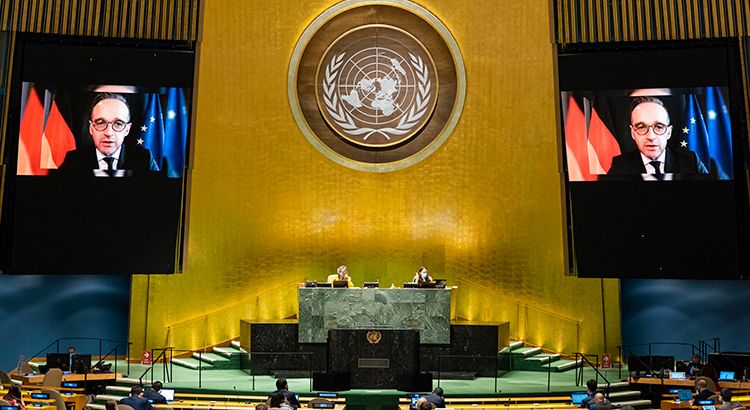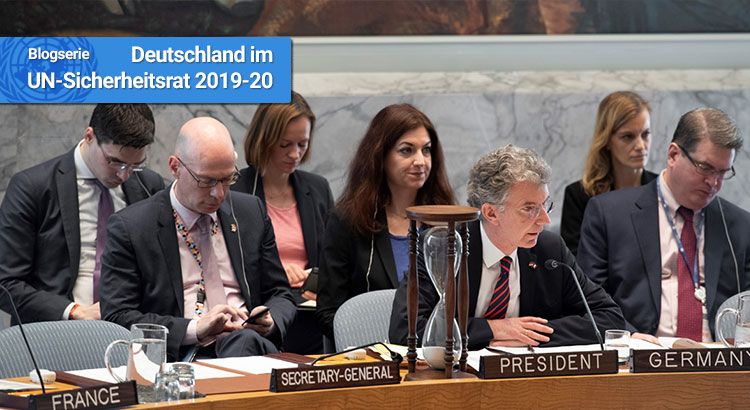PRIF talk #009 // Ein freies Recht zum Krieg?
In der neuen Episode von PRIF talk sprechen wir mit Hendrik Simon über sein neu erschienenes Buch „A Century of Anarchy? War, Normativity and the Birth of Modern International Order“, das eine neue Geschichte der modernen internationalen Ordnung schreibt. „A Century of Anarchy?“ setzt sich dabei kritisch mit der in Forschung und Öffentlichkeit verbreiteten Vorstellung von einem freien Recht zum Krieg auseinander. Im Gespräch mit dem Autor geht es um seine Kernthese, um die Analyse von Kriegsdiskursen und Gewaltbegründungen und um die Frage, wie das Buch zu einem Coverbild von Hilma af Klint gekommen ist.
Hendrik Simon ist wissenschaftlicher Mitarbeiter am PRIF im Programmbereich „Transnationale Politik“ und forscht zu Normen in der internationalen Politik und der Rolle des Völkerrechts. Zudem ist er Redaktionsmitglied des Völkerrechtsblogs.
*Shownotes*
- A Century of Anarchy? War, Normativity, and the Birth of Modern International Order, Oxford University Press, 2024.
- The Justification of War and International Order. From Past to Present, co-hrsg mit Lothar Brock, Oxford University Press, 2021.
- Projekt Kriegslegitimationen und Weltordnungskonzepte von der frühen Neuzeit bis zur Gegenwart
- The Myth of Liberum Ius ad Bellum. Justifying War in 19th-Century Legal Theory and Political Practice, in: European Journal of International Law, 29:1 (2018), S. 113-136. (Open Access)
- Können wir dem Völkerrecht (noch) trauen? Die russische Aggression gegen die Ukraine und die diskursive Autorität internationaler Normen, in: Soziale Systeme, 28:2 (2024), S. 279-299. (Open Access)
- Völkerrechtsblog
- Hilma af Klint: Standpunkt Buddhas auf der Erde
Social Media
